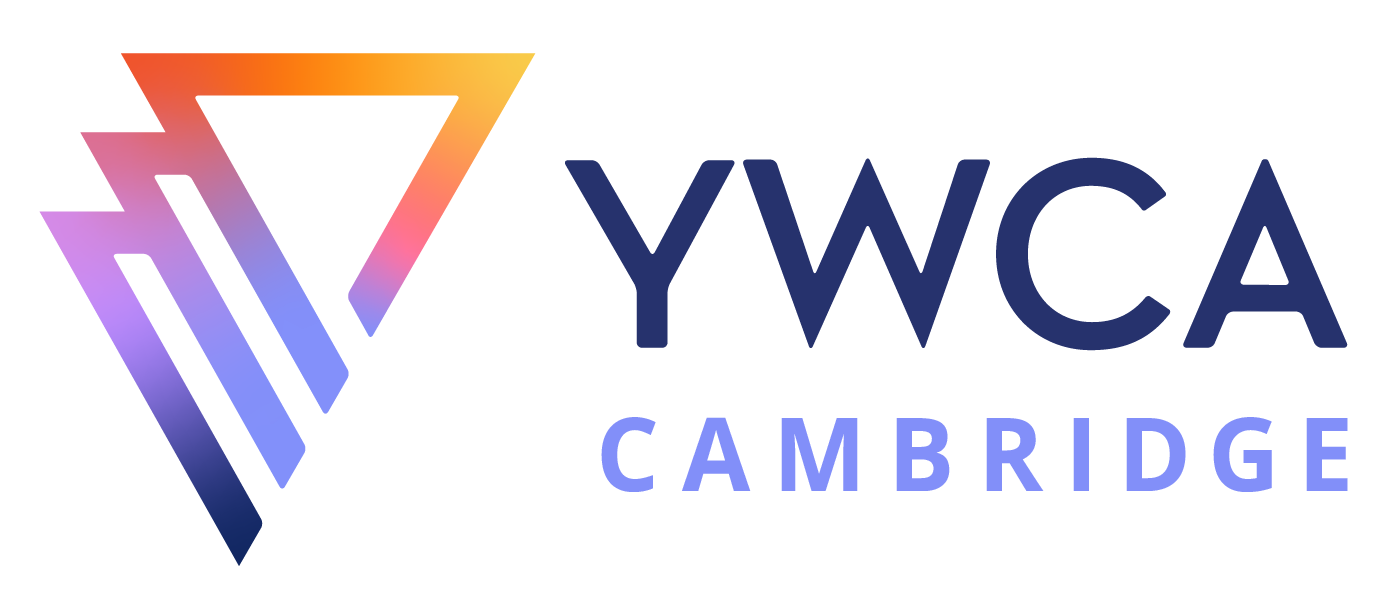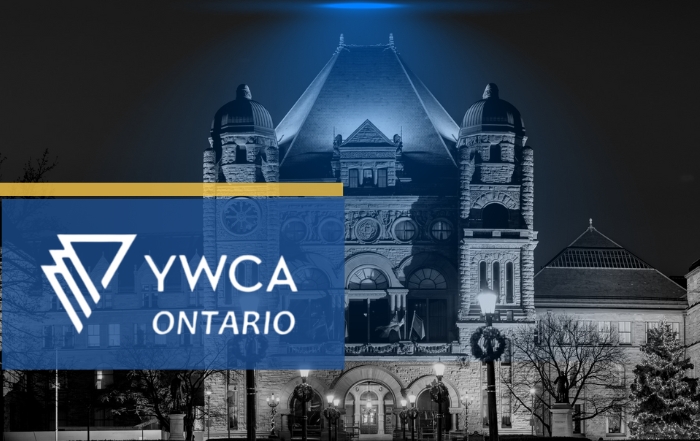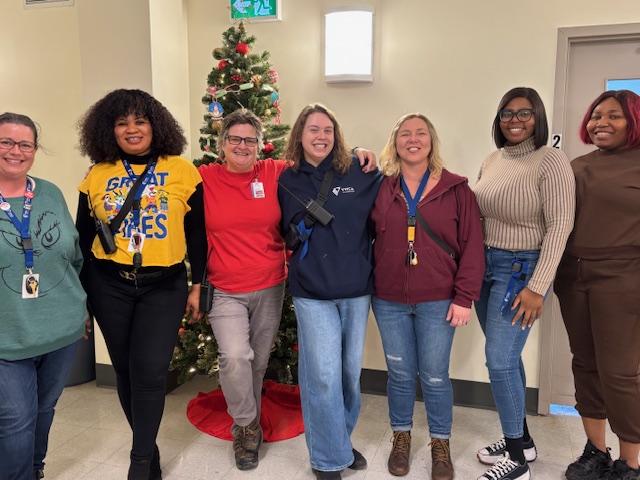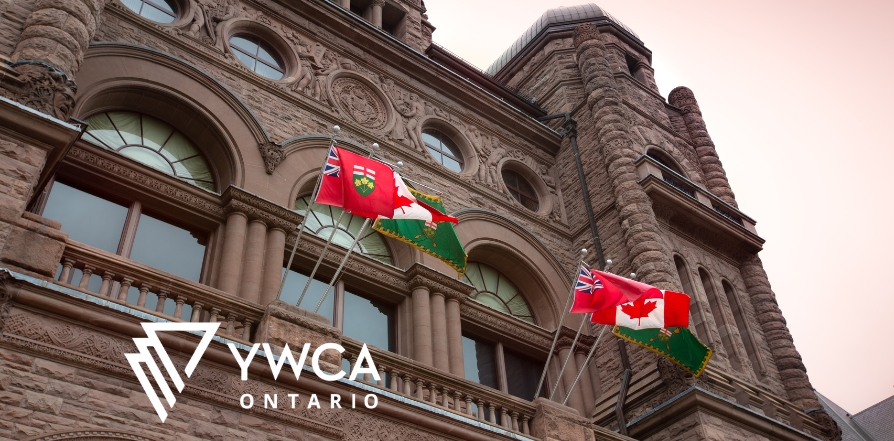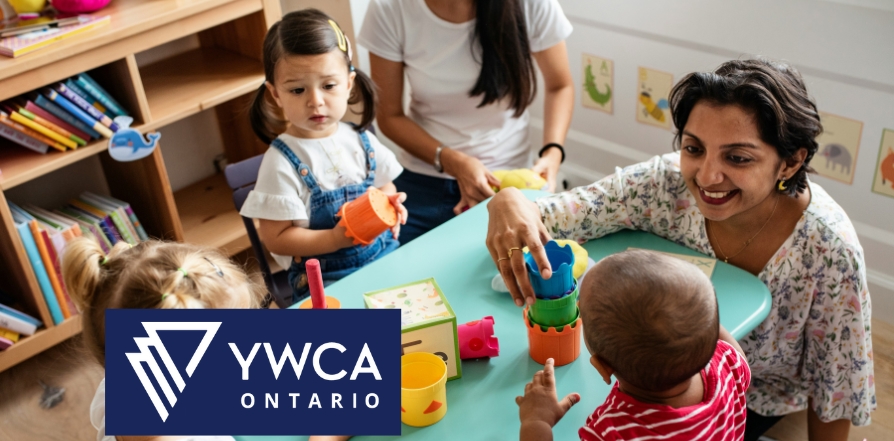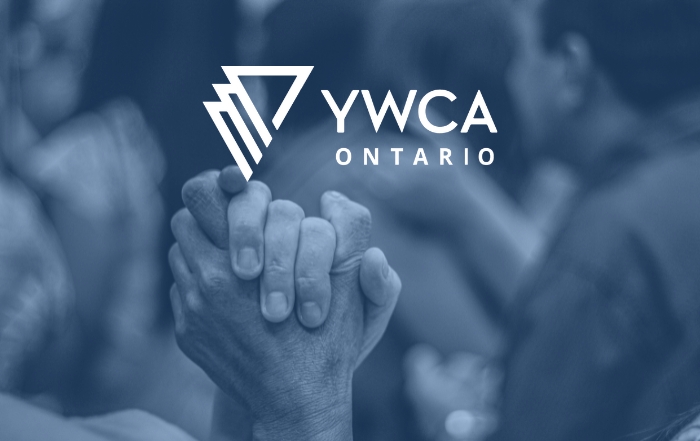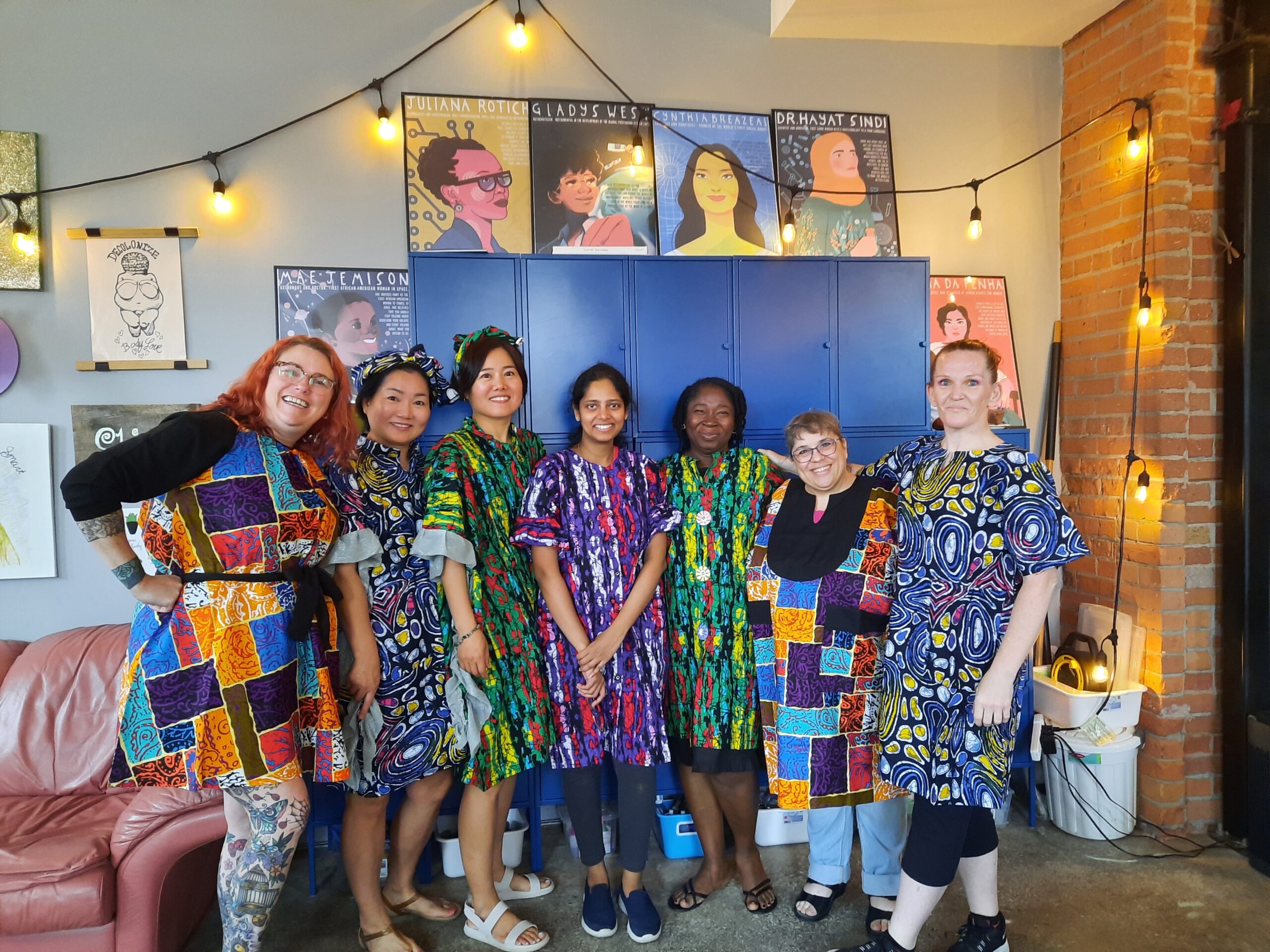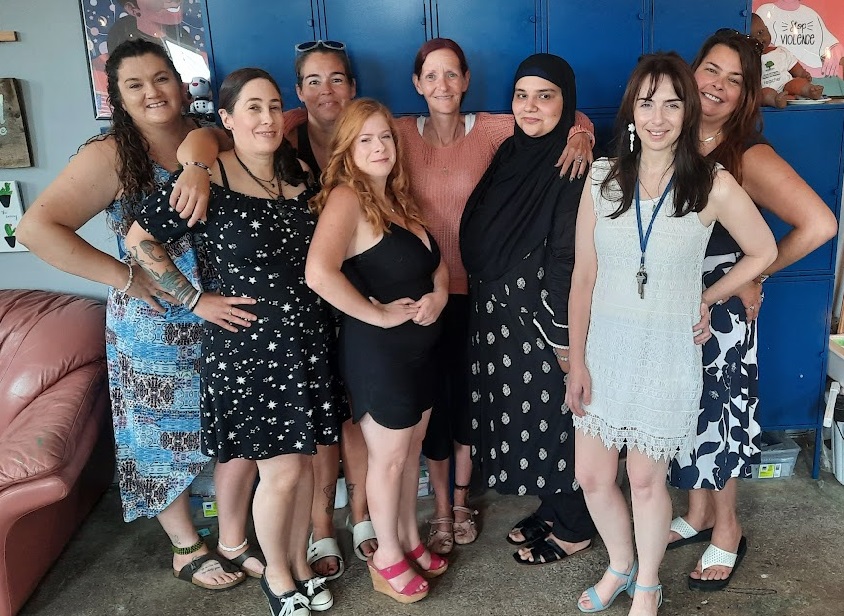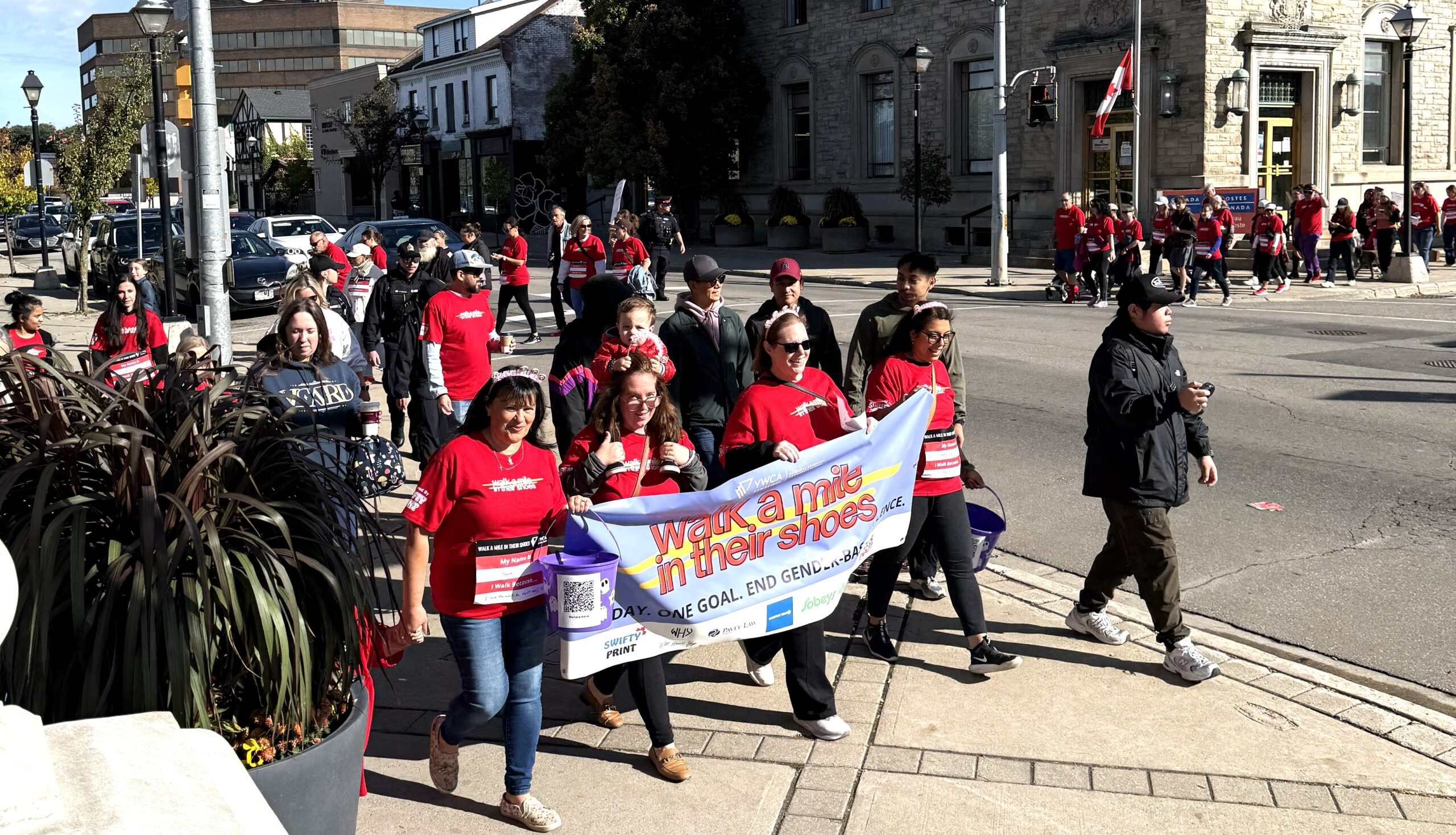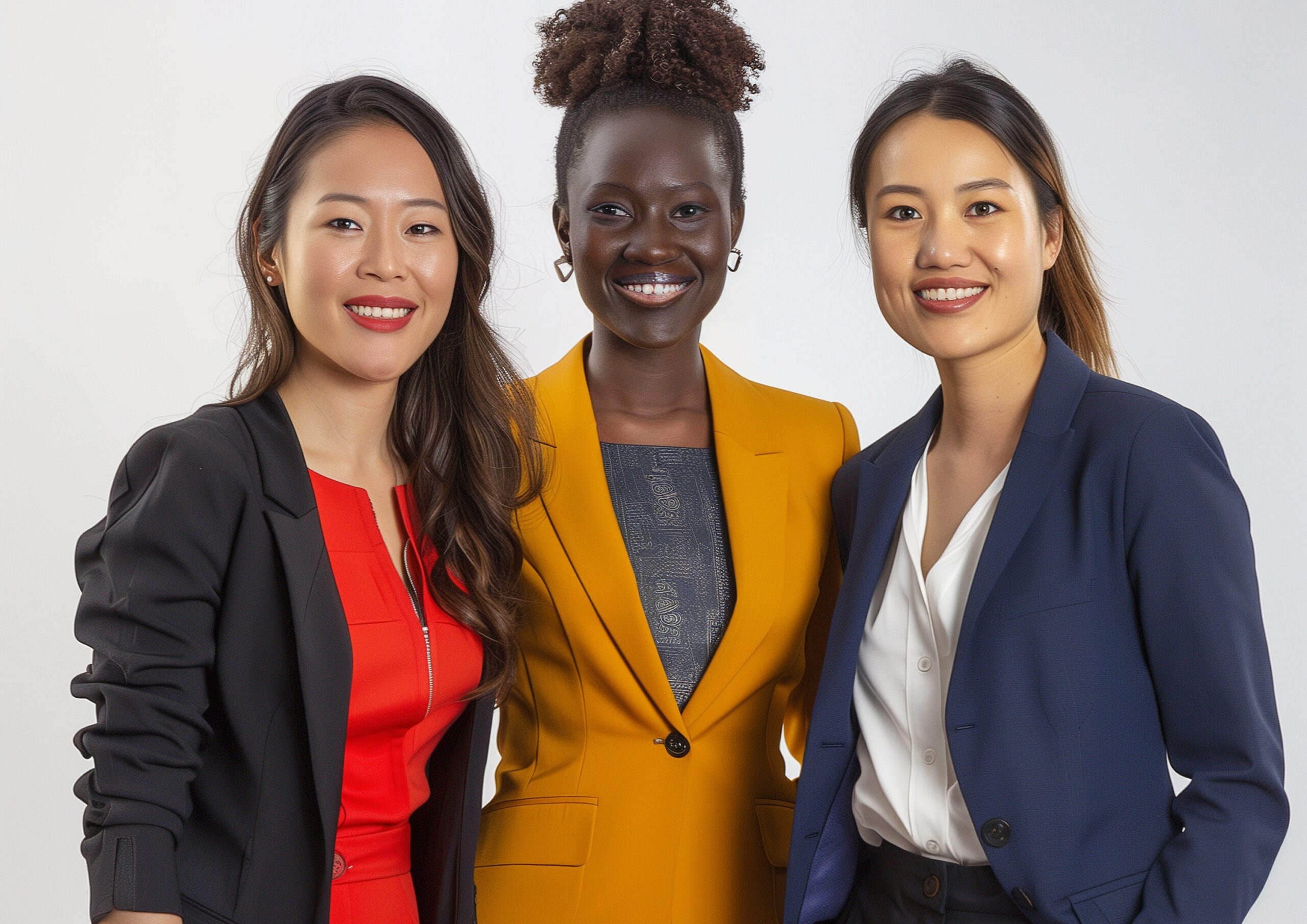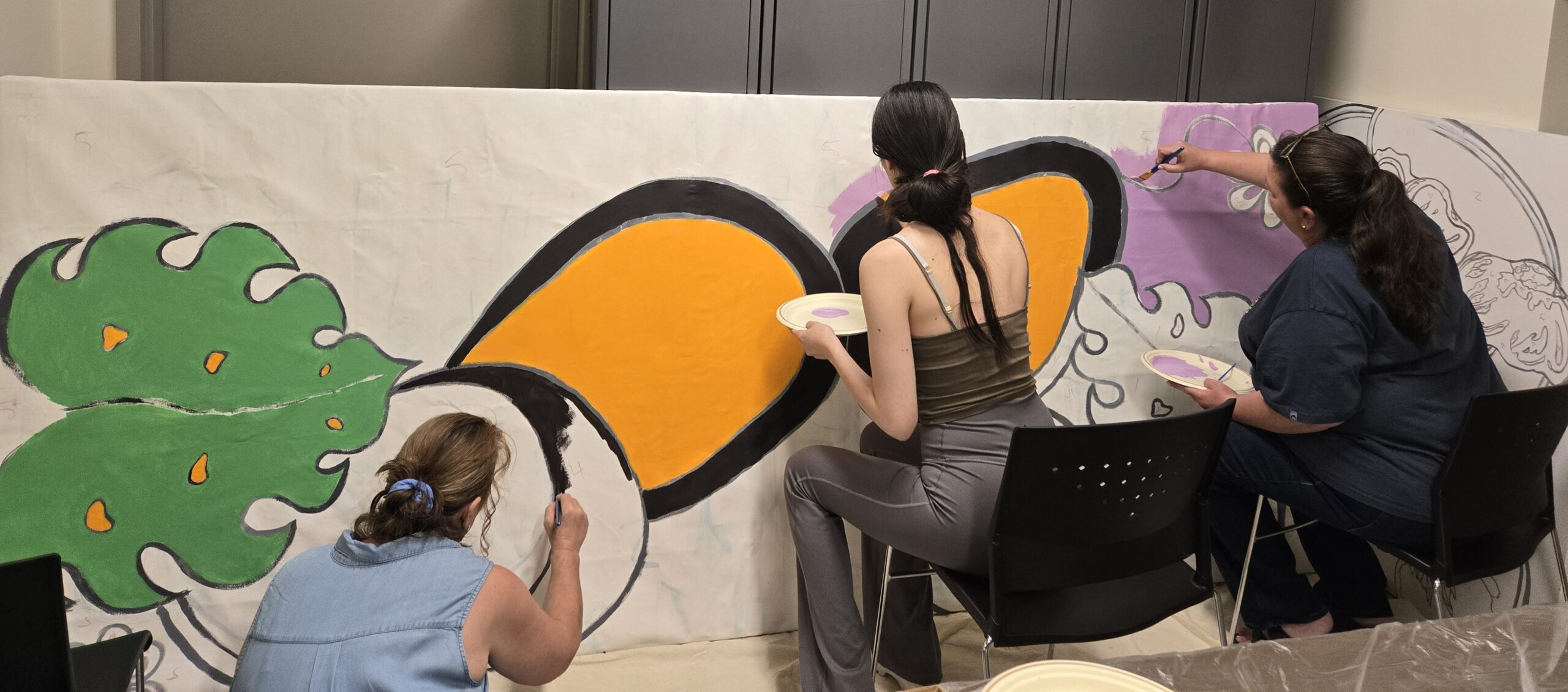Today is International Day of the Girl, and we saw no better way to acknowledge it than by hosting a guest blog by one of our participants, Madiha Syed. She’s been a part of The W, our programming space for a long time. Madiha (she/her) is a young spoken word artist. She is a bubbly and sweet person who is passionate about promoting inclusive conversations. She uses her experience as a young Muslim woman of colour to help bridge the gaps in her community through art of word.
Read her explorations of what it’s like growing up with The W, and growing into a young woman in this world.
I often get asked the question of what has The W centre done for me. I cannot say they have done anything for me at all. I see no difference nor change in my life. I guess it is partly due to the fact I grew up there.
At age seven, I entered the YWCA space. I am still in the space now, a 16-year-old. So I just grew into a young adult with a good sense of morals and idea of self confidence. I didn’t realize the profound effect The W had on me until I entered high school. When I got there, I realized not everyone had the same interpersonal understanding I had, to allow myself to fall, but to also have faith that I will be able to get up again. I understood that I am human and every emotion I feel is valid. That’s something a lot of us, especially women and girls, are socialized to struggle with. I also learned that no one will respect me until I demand it, take up the space my body is made to take, and until I respect myself. It was through this self respect I had that I soon started falling in love with my name.
It was the first step I took towards loving myself. I am still in that process. It’s
through this process that I’ve become conscious of the importance of respecting
people’s names. To say their name properly, with respect to their language and
culture. Make sure we do not westernize their name so it is easier for us to
say. Our history books have forgotten the names of so many women before us. We
often forget the names of the women whose struggles have forged the way for us
today, the women who have supported us, even in our own personal, short
stories. The custodians who keep our spaces of innovation and change clean. The
women who make our food. All the way to our mothers.
Why am I saying knowing their names are important? Because identity is so intrinsically linked to a name. I would often settle myself for less, and allow people to call me Maddie. I let myself become smaller because it made other people in the room more comfortable. It is not my job to make people feel comfortable with my existence. Names are gifts our ancestors gave to us, and the first things we exchange with people. When a name is not respected nor said properly, you are not respected; you become less human. The moment you change or shorten your name so it can fit strangers’ mouths better, you sacrifice your uniqueness as a human.
Before we can acknowledge the influence and change women have made to the world, let’s acknowledge their names and their gravity. That’s something I’ve been able to understand through my own growth and development at The W, it’s these small gestures that make a world of difference. It shows gratitude to the amazing women around us when we recognize them.
So when you ask me my name, I will tell you it is Madiha. Ma-Dee-Ha. Not Maddie, not Mediya. My name is Madiha, and my story starts with that.
YWCA provides a variety of programming for children and youth at our programming space, The W. We have no core funding to make this happen, but we work tirelessly to keep programs running. Why? Because we know that girls and gender-diverse kids are constantly faced with norms of femininity, with internalized sexualization, with notions that STEM isn’t for girls, and far too often with gender-based violence. According to the Canadian Women’s Foundation’s research, “In girls’ adolescence, feelings of competence, control, and independence are suppressed; assertiveness is stigmatized.” Through our work with young people, we want to break down those barriers and to empower them to know their value and embolden them to assert it in all spaces.
